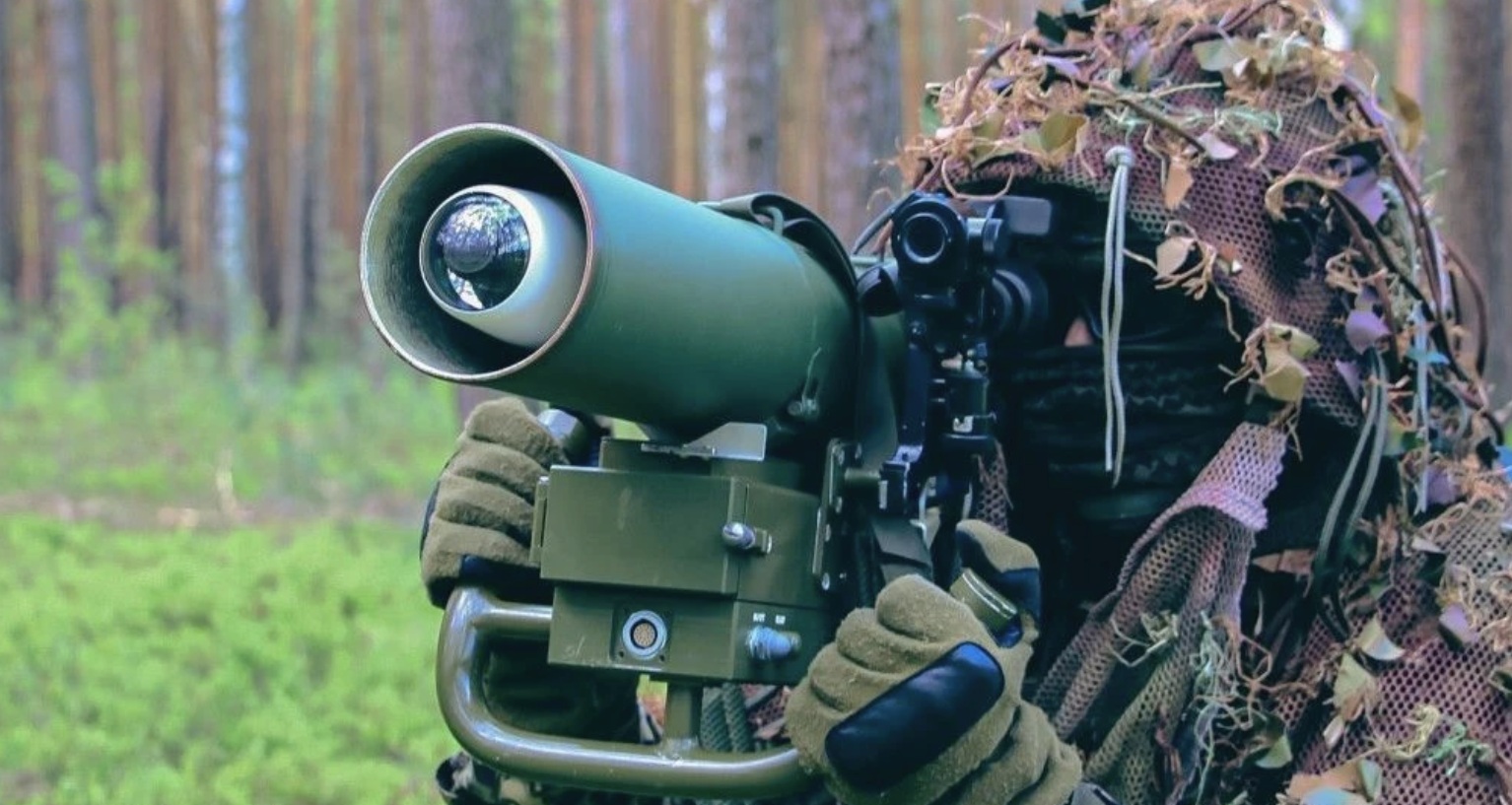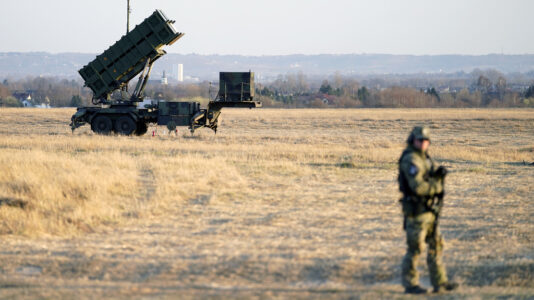The Polish military is on a spending spree, yet a notable detail has drawn expert scrutiny: The bulk of these expenditures are flowing to foreign companies rather than supporting local production.
“We are paying two to three times more abroad than we would at home,” General Waldemar Skrzypczak, former commander of the Polish Land Forces, told financial news outlet Forsal.pl. This year’s spending abroad has already been substantial.
Upon assuming the role of defense minister, Władysław Kosiniak-Kamysz vowed to shift the philosophy behind military procurement, aiming to keep half of the defense budget within Poland. Although it is clear that Poland cannot independently produce tanks or fighter jets, significant funds were intended to remain domestically.
However, recent developments suggest that the promised investment in Polish industry is not being fully realized. In a bold move, Kosinak-Kamysz had previously announced that 18 billion zlotys (€4.15 billion) would be allocated to the domestic arms industry, with initial orders already placed.
“We aim for 50 percent of our military equipment to be produced by Polish companies or those located in Poland,” he stated.
Defense minister in the former, conservative (PiS) government, Mariusz Błaszczak, decided to investigate how the military’s purchasing philosophy had changed by querying the Ministry of National Defense about the funds spent on domestic defense products in early 2024. At first glance, it seemed there might be a shift toward supporting local industry, with 1.6 billion zlotys directed to Polish companies by the end of March, compared to only 820 million zlotys earned by foreign contractors.
However, the optimism was short-lived. In the first three months of the year, the Armament Agency signed long-term contracts with Polish companies amounting to 2.4 billion zlotys, while contracts with foreign entities totaled nearly 20 billion zlotys. This disparity has surprised military officials.
“This is (…) due to political decisions, which prevent us from achieving Polish technological autonomy. Everyone says we should be self-sufficient, yet we cannot, because political decisions dictate purchases from abroad,” commented General Skrzypczak.
Although Polish technological development is not lagging significantly behind foreign firms, with developments like the Pirat anti-tank program surpassing the American Javelin and Moskit guided missiles, it is perplexing why similar or inferior equipment is purchased abroad.
“Abroad, we buy at two to three times the cost than if we bought in Poland. This difference could be invested in launching production here,” Skrzypczak added.
General Skrzypczak places full responsibility for the underperformance of the Polish military industry on politicians, both current and past. He has observed a troubling pattern over the years: while foreign products are accepted without rigorous testing or certification, Polish-made equipment undergoes exhaustive and costly scrutiny. This entanglement, he argues, stifles Polish innovation, preventing homegrown solutions from being adopted by the Polish military.






